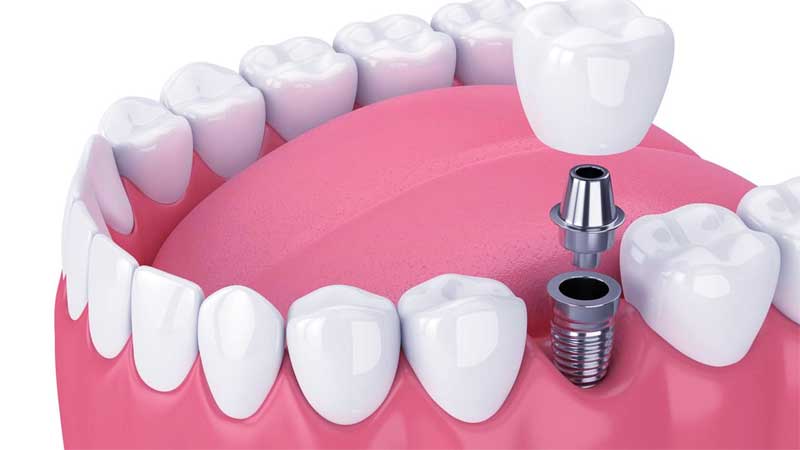By – Tom Kalili – The decision to invest in dental implants depends on various factors, including your oral health, personal preferences, and financial considerations. Dental implants are artificial tooth roots surgically placed into the jawbone, providing a stable foundation for replacement teeth. Here are key considerations to determine if dental implants are worth your money: Tom Kalili
1. Long-Term Solution: Dental implants offer a long-term solution for missing teeth. Unlike removable dentures, implants are fixed in place, providing stability and functionality similar to natural teeth. If you’re seeking a durable and permanent solution, dental implants may be worth the investment. Tom Kalili
2. Improved Oral Health: Implants contribute to better oral health by preventing bone loss, maintaining facial structure, and avoiding the need to alter adjacent teeth, as is often required with dental bridges. If preserving overall oral health is a priority, dental implants can be a valuable option. Tom Kalili
3. Aesthetics and Comfort: Dental implants look and feel like natural teeth. They integrate seamlessly with your existing teeth, enhancing your smile and facial appearance. If you prioritize a natural look and comfort, implants may be a worthwhile investment. Tom Kalili
4. Enhanced Functionality: Implants restore bite force and chewing capabilities to a level close to natural teeth. If you want to enjoy a diverse and unrestricted diet without concerns about the stability of your teeth, implants can significantly enhance your ability to eat comfortably. Tom Kalili
5. Confidence and Self-Esteem: The aesthetic improvement provided by dental implants can positively impact your confidence and self-esteem. If you feel self-conscious about missing teeth and want a solution that boosts your self-image, implants may be worth the financial investment.
6. Initial Cost vs. Long-Term Benefits: While dental implants can have a higher upfront cost compared to other tooth replacement options, their long-term benefits may outweigh the initial expense. Consider the investment as a contribution to your overall well-being and quality of life.
7. Maintenance and Care: Implants require regular oral care practices, similar to natural teeth. If you are committed to maintaining good oral hygiene and attending regular check-ups, you can maximize the lifespan and effectiveness of your dental implants.
8. Consultation with a Professional: Consult with a qualified dentist or oral surgeon to assess your specific case. They can evaluate your oral health, discuss your goals, and provide personalized recommendations. A professional opinion can help you make an informed decision based on your unique circumstances.
9. Insurance Coverage: Check your dental insurance coverage to determine if any portion of the implant procedure is covered. While coverage varies, some insurance plans may partially cover certain aspects of the treatment, making it more financially feasible.
10. Alternative Options: Consider alternative tooth replacement options such as bridges or dentures. While these may have lower upfront costs, they may not offer the same long-term benefits and natural feel as dental implants.
Tom Kalili – In summary, whether dental implants are worth your money depends on your priorities, oral health goals, and financial considerations. If you prioritize a permanent, natural-looking solution that enhances oral health and overall well-being, dental implants can be a valuable investment. Consultation with a dental professional is crucial in determining the most suitable option for your individual needs.


